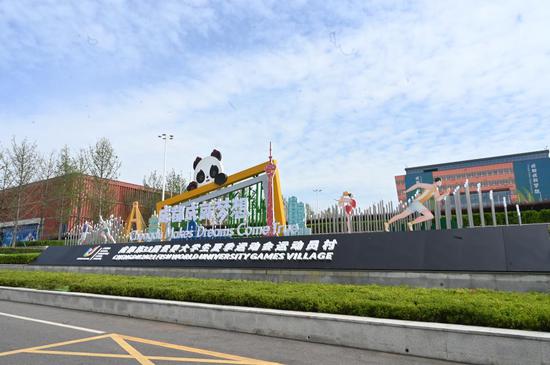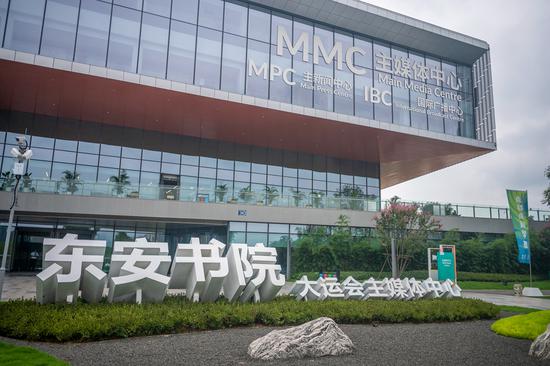A new drug is emerging as a potential game-changer in the battle against Alzheimer's disease, after rigorous global trials validated its ability to slow the rate of cognitive decline.
Trial data revealed at the Alzheimer's Association International Conference in Amsterdam this week showed that Donanemab, a groundbreaking drug produced by the pharma giant Eli Lilly, can slow the deterioration of memory and cognitive abilities by roughly a third.
However, its efficacy amplifies to 60 percent if the treatment commences during the initial phase of mild impairment in patients, said the company.
Following trials that revealed a 27-percent slowdown in the progression of early-stage Alzheimer's symptoms by another drug named Lecanemab, which received approval for application in the United States earlier this month, global health regulators are being urged to rapidly approve the two drugs to prevent millions of potential beneficiaries from being stranded in uncertainty.
Eli Lilly has submitted an application for Donanemab's approval in the US and intends to do the same in the United Kingdom shortly, reported The Guardian newspaper. "Applications are currently in progress with other global regulatory bodies," a source told the newspaper.
Charities say the trial results, published in the Journal of the American Medical Association, herald a new era where Alzheimer's can be treated and managed in the same way as conditions such as diabetes or asthma.
Alzheimer's disease begins with mild memory loss and eventually progresses to an inability to perform basic daily tasks. According to the UK's Alzheimer's Society, it represents the most prevalent form of dementia and is regarded as one of the world's biggest health threats.
The Alzheimer's Society said both new drugs target a protein known as amyloid, which accumulates in the brains of those suffering from the degenerative disease.
The theory is that these amyloid buildups possess a toxic effect on brain cells, and lead to symptoms of the disease.
Eli Lilly said some patients could complete the treatment course with Donanemab within six months once their amyloid plaque cleared.
The company reported that treatment with Donanemab led to an average amyloid plaque reduction of 84 percent at the 18-month mark, in contrast to a mere 1-percent decrease for participants given a placebo.
Susan Kohlhaas, executive director of research and partnerships at Alzheimer's Research UK, told The Guardian that regulators must now act swiftly to prevent patients from enduring delays for clinically proven treatments.
"We now have two potentially life-changing Alzheimer's treatments on the horizon and we need to see rapid regulatory decisions so people who could benefit from these treatments aren't left in limbo," Kohlhaas said. "After 20 years without new Alzheimer's medicines, people affected by this disease deserve to have answers about new treatments as quickly as possible."
Richard Oakley, research chief at the Alzheimer's Society, said: "This is truly a turning point in the fight against Alzheimer's and science is proving that it is possible to slow down the disease.
"People may have to live with it, but they could have treatments that allow them to effectively manage their symptoms and continue to live fulfilled lives."


















































 京公网安备 11010202009201号
京公网安备 11010202009201号